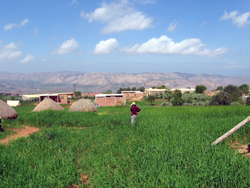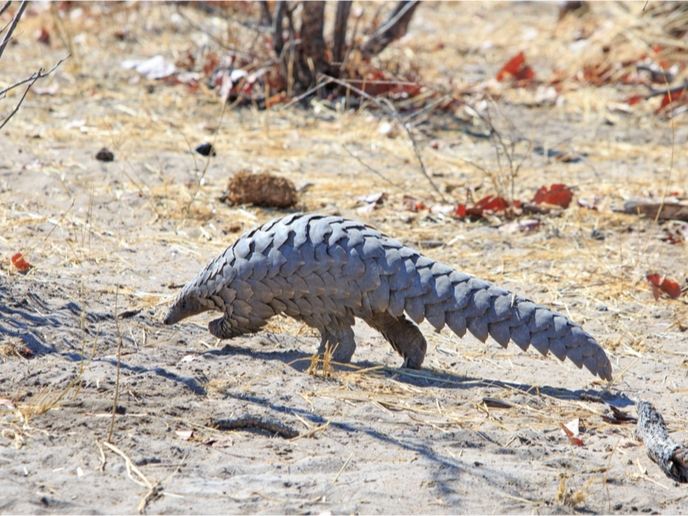Agricultural research for African needs
The EU-funded ‘Including smallholders in agricultural research for development’ (INSARD)(opens in new window) project has advocated for the active involvement of CSOs in influencing agricultural research systems in Africa. CSOs include both non-governmental organisations (NGOs) and farmer organisations (FOs). INSARD aims at structuring coordination and communication among African and European CSOs involved in agricultural research for development (ARD), and developing an approach to identifying smallholders’ research priorities and designing farmer-led participatory research. The ultimate goal is to build up a more transparent system for CSOs to contribute to the ARD agenda and its implementation. This will ensure that smallholders are central to publicly funded ARD. Considerable progress has been made with regard to designing a broad consultation and feedback mechanism involving African and European CSOs. Specific studies focused on mapping CSO stakeholders and exploring resource-allocation issues in ARD in sub-Saharan Africa. INSARD has developed a clear process to facilitate national CSO-led discussion platforms on ARD in Senegal, Tanzania and Zambia. Scoping studies were made in each country, multi-stakeholder platforms were set up and research outlines developed as examples for scaling up this approach. The project is directing ARD towards the needs of African smallholder farmers across a wider range of socioeconomic and agro-ecological circumstances. The collaboration forged within the project will also lead to a growing body of knowledge on the adaptation of agricultural practices.







